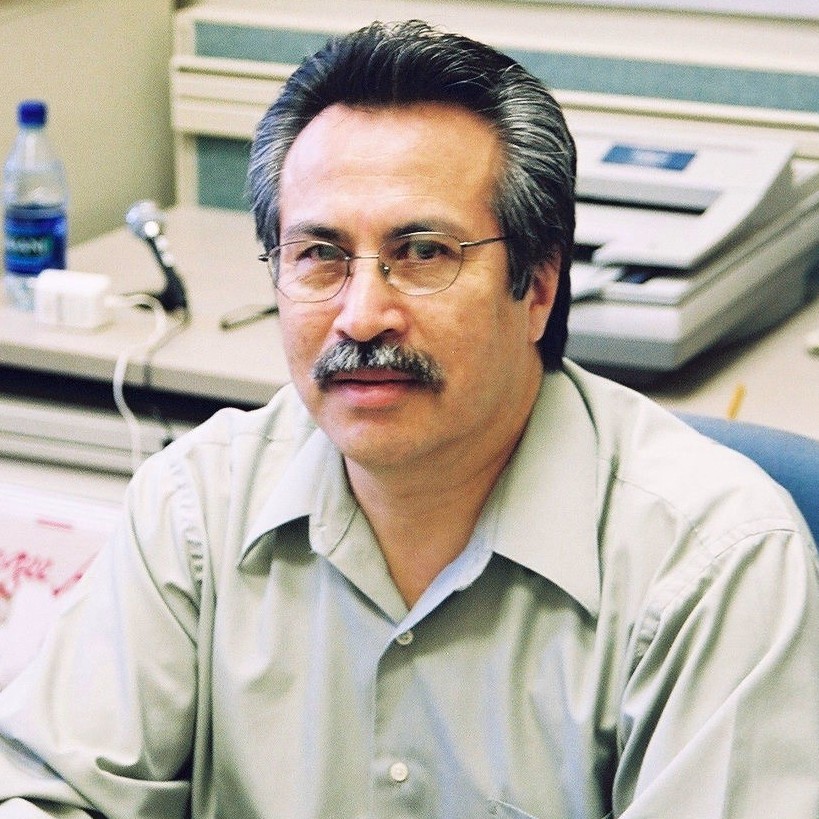ABNER ARAUZA
 |
BIOGRAPHICAL INFORMATION |
SAMPLES FROM THE INTERVIEW ON HIS CHILDHOOD AS A MIGRANT WORKER: "...you know, looking back at it, it's a lot different than having been right in it. At that time it's a way of life, so it's just like yours. And yours, and yours [ referring to the interviewers]. You know, you live with it . . . .whether it's good or bad. You know, sometimes we have some curcumstances that we realize are not as . . . glamorous, as nice as for other people, but you don't see them as bad either, or worse. They're just life." ON HIS WORK AS ASSISTANT DIRECTOR OF STUDENT SUPPORT SERVICES AND MULTICULTURAL AFFAIRS AT MINNESOTA STATE UNIVERSITY, MOORHEAD: "I really love my position. I...I really love what I do . . . . I guess that because of my background . . . . I can not...not only empathize and sympathize with what a lot of the students of color go through. But I experienced that extra . . . . how do you call it? Extra baggage that you have to carry around just because you are a student of color, you know. Even given the same circumstances, the same background with a white student and a student of color, you know, the student of color still experiences more obstacles. More hardships, less opportunities."
|